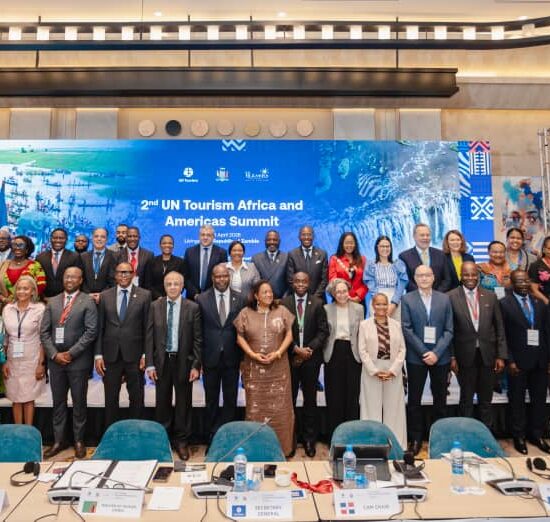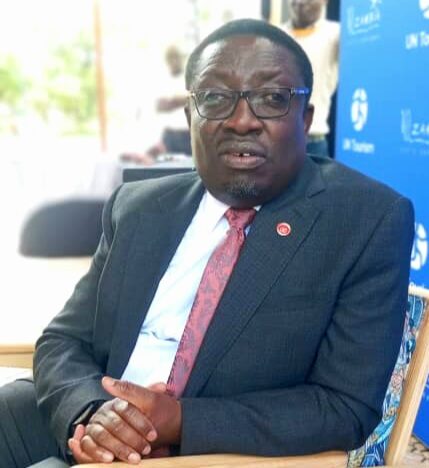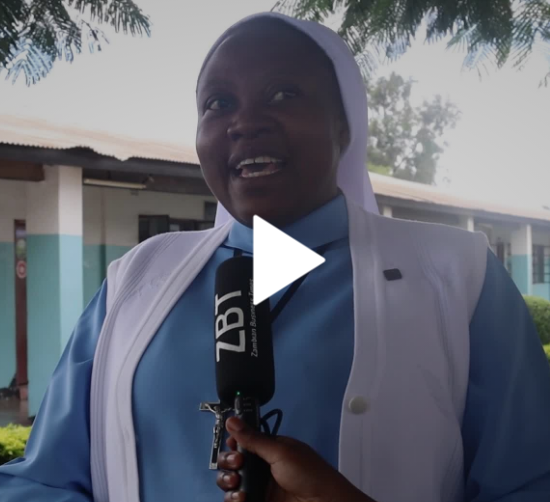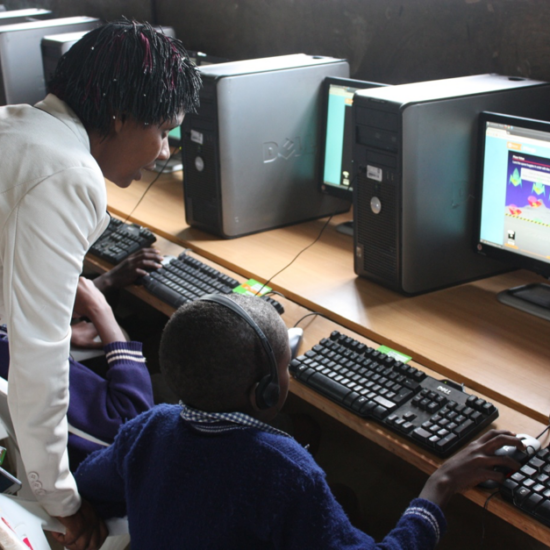
Former Secretary to Cabinet and current Zambia Atomic Agency Director Dr. Roland Msiska has challenged Engineers in the country to advance their profession, generate ideas through research and development and provide practical solutions to enhance their ability to translate ideas into hardware or software products if Zambia is to develop and industrialize.
Speaking when he officially launched the Engineering Institute of Zambia – EIZ 2019 – 2023 Strategic Plan and Mentorship Programme at Lusaka’s Mulungushi International Conference Center on June 28th 2019, Dr. Msiska said Zambia is blessed with a huge endowment of materials and components needed to boost the industrial development and has since called for critical and practical training for local engineers to take part in the country’s development.
He also urged the Engineering Institute of Zambia – EIZ to advance its operations and reach as he is convinced that it is currently operating at only about 5% out of what is expected, hence the need to reflect on its agenda as it plays a critical role in the country’s development ambition.
Msiska further said Government’s plan to develop a nuclear power plant for diversified energy mix requires a fundamental shift in training of Zambian engineers and that EIZ must be at the center of nuclear energy development at either soft or hardware side.
“This is the time for EIZ to start setting standards for supporting good and services such as cement, steel and others that will be required during construction and operation of the two nuclear installations”.
“Zambia is 55 years old now and we have all the raw materials and components that we need to make a computer but we need to interrogate ourselves why are we not producing our own computers? Why we have no big local contractors in the industry to construct our own road? The only answer is advancing our abilities and translate our ideas into practical hardware or software solutions “he said.
At the same event EIZ President Sydney Matamwandi said the goal of the 2019-2023 Strategic Plan and Mentorship Programme is to prepare young engineering professionals for the industry through mentorship by experienced professionals so that they are more focused and purposeful in their studies.
He said the institution will endeavor to ensure that the objectives of the strategic plan and the mentorship programme are implemented and achieved within the stipulated period. Matamwandi is however hopeful that the programme will bring sanity to the profession and improve the standards and status of the profession in society.
Some analysts have noted that most Zambian engineering graduates have an employee mindset as opposed to a problem solving one. Most graduates from engineering and technical schools concentrate their efforts on securing jobs at institutions such as Zesco and the Copper mines forgetting that they are the ones that the nation expects to come up with practical solutions to solve Zambia’s industrialization puzzle.
Import substitution for instance calls for reverse engineering of currently imported products and services with the aim of producing locally at a reduced cost, but this area of innovation is still lagging behind. Zambia currently imports simple products such as tooth picks and sewing needles due to some dysfunction related to the practice of local innovation and engineering.
There is need to enhance the teaching of maths and science in schools in Zambia so that universities and colleges can focus on producing technically competent and problem solving graduates as opposed to the current trend we’re most tertiary institutions are producing more students in arts and business courses.
Some advanced countries education systems and strategic plans are even more elaborate to an extent of even setting quotas to meet in producing engineers, technicians and scientists in the aim of producing an adult population that is equipped with practical productive skills.







